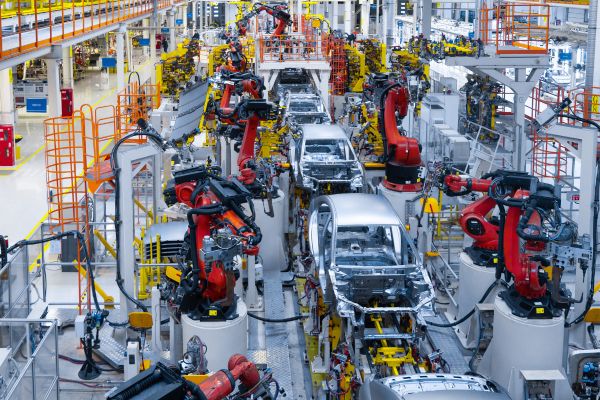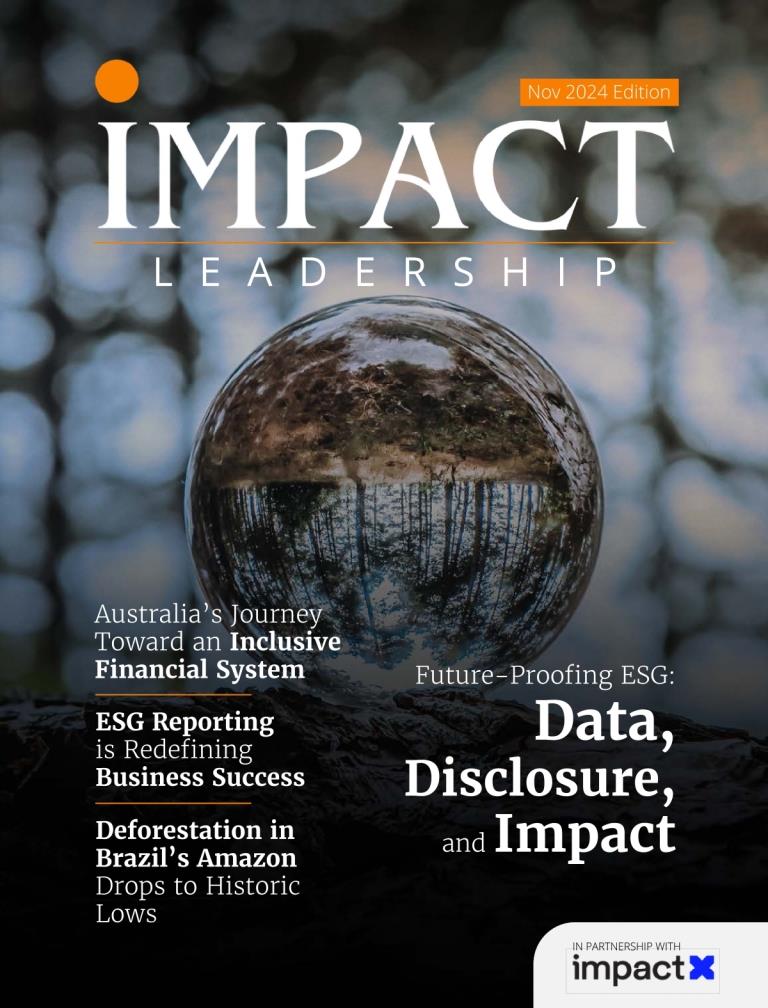Addressing climate change’s escalating challenges, Amanda McKenzie, Co-Founder & Chief Executive Officer of Climate Council, delivered a powerful message of urgency, innovation, and hope at the last Impact X Summit Sydney. Her speech provided a clear guide to tackling environmental issues with practical solutions.
Drawing from her broad experience and strong dedication to environmental protection, McKenzie shows us a way to move forward despite the difficulties posed by climate change. Building on past progress, the next Impact X Summit Sydney 2024, set for April 22nd and 23rd, coinciding with Earth Day, is a key event for action.
With the theme “Climate & Nature 2030: Accelerating Partnerships for Shared Growth,” organized together with the NSW government and WWF, the summit is a crucial opportunity for working together. It emphasizes the importance of building on what we’ve already achieved and combining fast-paced tech developments with the age-old wisdom of Indigenous cultures.
Below, we explore the top five insights from McKenzie’s talk, each pointing us towards living in better harmony with our planet.
The evolution of climate change from a future concern to a present reality affecting the majority of Australians emphasizes the urgent need for action.
Amanda McKenzie: “The last 17 years that I’ve been working on climate, we’ve seen the issue go from being something that was to happen to us in the future, preventing future harm, to the harm happening all around us as we speak. So, more than 80% of Australians have been affected by climate-fueled disasters in the last three years alone. The catastrophic Black Summer fires, which I know we all remember, where there were major forest fires from Brisbane to Hobart simultaneously…This isn’t about our children and grandchildren, although of course, it is as well. It’s about us. ”
The critical need for significant emissions reductions this decade underscores the urgency of global climate action leadership.
Amanda McKenzie: “We’re getting dangerously close to temperature thresholds that are considered catastrophic if we cross them. Scientists, in the Australian context, recommend that we need to reduce our emissions by 75% this decade, by 2030. This decade has to be where the rubber absolutely hits the road, the lion’s share of action occurs, and the consequence of Australia doing that work would be to play a positive role globally.”
Sustainable development, especially in critical sectors like lithium mining, must prioritize environmental and cultural integrity.
Amanda McKenzie: “We also need to make sure, as was said, that we can’t be replicating the mistakes of the past. We need to make sure the transition, which does involve some mining, some whole range of different industrial processes, etc., is nature positive, it’s culturally positive. So, when we are doing something like opening lithium mines in Australia, which we will need many lithium mines if we’re to meet the battery needs of the world and Australia has 50% of the world’s lithium, we need to make sure that that’s done in an environmentally positive way and in a culturally positive way.”
Advocating for change involves pushing for ambitious political commitments to climate action and demonstrating their feasibility to the wider community and industry.
Amanda McKenzie: “So, for those that are trying to make a difference in this space and get us to go a lot faster, that means there needs to be a step change in thinking between each of those federal elections. So, that politicians that are coming to those elections and making commitments are making commitments that are far larger than they think that they can make now. For those advocating for change, it’s crucial to demonstrate that ambitious goals are achievable. We must engage the community, businesses, and industries to demand the significant changes needed to achieve a 75% reduction in emissions this decade.”
Business leadership is crucial in driving climate action, navigating the complexities of ambitious emission reductions alongside political landscapes.
Amanda McKenzie: “This is the group of leaders. There are no other grown-ups that are going to be tackling the challenge. Business has a critical role in providing the leadership and innovation, both within the Australian context and overseas. And just before I wrap up, I wanted to share this slide with you that illustrates just how quickly this change needs to happen. It’s somewhat easy, I suppose, to do a linear curve of how you’d get to a 75% reduction in emissions. So, this is what a 75% reduction looks like, and this is the period we are in now. You could just have this straight line, which is the convenient one, but of course, curves never quite go to plan. And we’ve got a period where we’ve got to think, what does it look like when you layer that on with the political environment?”
Watch Amanda McKenzie’s full keynote address below:
***
Impact Leadership Journal (ILJ) is a Community Partner of Impact X, working together to create a net-zero, nature positive future that benefits all people and ensures the wellbeing of our planet. This video is published exclusively on this site with the permission of Impact X. To learn more and to join upcoming events, visit www.impactx.tech.











